Understanding Yin and Yang in Traditional Chinese Medicine
Traditional Chinese Medicine (TCM) is rooted in the concept of balance, with Yin and Yang being fundamental principles that describe the duality and interconnectedness of all things. These principles are integral to understanding health, illness, and the natural world. This comprehensive guide explores the essence of Yin and Yang, their philosophical origin, practical applications in TCM, and how they relate to health and disease.
The Philosophy of Yin and Yang
What are Yin and Yang?
Yin and Yang represent the dual forces that form the foundation of TCM and Chinese philosophy. Yin is often associated with qualities such as darkness, femininity, cold, and passivity, while Yang is linked to light, masculinity, warmth, and activity. Together, they embody the concept of duality and balance, influencing every aspect of life and the universe.
The Four Aspects of Yin-Yang
Opposition
Yin and Yang are opposites that cannot exist without each other. This opposition is seen in all natural phenomena: night and day, winter and summer, rest and activity. The balance between these opposing forces is crucial for maintaining health and well-being.
Interdependence
Yin and Yang are interdependent, meaning one cannot exist without the other. For example, without night (Yin), there can be no day (Yang). This interdependence highlights the interconnected nature of all things and the importance of balance.
Mutual Consumption
Yin and Yang consume each other. This means that a change in one aspect will affect the other. For example, excessive activity (Yang) can lead to fatigue (Yin). This mutual consumption is a dynamic process, where the balance between Yin and Yang is constantly adjusted to maintain harmony.
Intertransformation
Yin and Yang can transform into each other. This qualitative change is seen in natural cycles and processes. For example, day (Yang) transforms into night (Yin), and vice versa. This intertransformation illustrates the fluidity and adaptability of the Yin-Yang relationship.
Infinite Divisibility
Yin and Yang can be further divided into Yin and Yang. Each aspect contains the seed of its opposite, allowing for infinite complexity and nuance in their interactions. This principle is fundamental to understanding the depth and intricacy of Yin-Yang dynamics.
Pathological Changes in the Body
Excess Cold (Excess Yin)
When Yin is in excess, it can lead to an overabundance of cold in the body, injuring Yang. This condition is characterized by symptoms such as cold limbs, pale complexion, and fatigue. Treatment focuses on warming the body and strengthening Yang.
Excess Heat (Excess Yang)
An excess of Yang leads to an overabundance of heat, injuring Yin. Symptoms include fever, red complexion, irritability, and thirst. Treatment aims to cool the body and nourish Yin to restore balance.
Deficiency Cold (Deficiency Yang)
When Yang is deficient, Yin becomes dominant, leading to a preponderance of cold. Symptoms include cold intolerance, weak pulse, and lack of energy. Treatment involves tonifying Yang and supporting the body’s warming functions.
Deficiency Heat (Deficiency Yin)
Deficiency of Yin leads to excess Yang, resulting in a preponderance of heat. This manifests as symptoms like night sweats, dry mouth, and restlessness. Treatment focuses on nourishing Yin and cooling the body.
Practical Tips for Maintaining Yin-Yang Balance
Good health is achieved when there is a balance of Yin and Yang. TCM treatments, including acupuncture, herbal medicine, and lifestyle adjustments, aim to harmonize these forces within the body. By understanding and applying the principles of Yin and Yang, one can achieve a state of equilibrium and well-being.
Acupuncture
Acupuncture is a primary method in TCM to balance Yin and Yang. By inserting needles into specific points along the meridians, practitioners can regulate the flow of Qi (vital energy) and harmonize the body's Yin and Yang. This practice is used to treat various ailments, from chronic pain to emotional disorders.
Herbal Medicine
Herbal medicine is another cornerstone of TCM used to balance Yin and Yang. Different herbs have properties that can either tonify Yin, Yang, or both, depending on the patient’s condition. For instance, ginseng is known to strengthen Yang, while rehmannia is used to nourish Yin.
Balanced Diet
Diet plays a crucial role in maintaining Yin-Yang balance. Foods are categorized based on their energetic properties and their effect on the body’s Yin and Yang. Warm, Yang-nourishing foods like ginger and garlic are recommended for those with cold symptoms, while cooling, Yin-enhancing foods like cucumber and watermelon are suggested for heat symptoms.
Regular Exercise & Adequate rest
Practices such as Tai Chi and Qi Gong are designed to cultivate and balance Yin and Yang. These exercises combine physical movement, breathing techniques, and meditation to promote the harmonious flow of Qi, enhancing both physical health and emotional well-being. Ensure you get enough sleep and rest to replenish your Qi and maintain the balance of Yin and Yang.
Mindfulness and Meditation
Practice mindfulness and meditation to reduce stress and balance your emotions, contributing to a harmonious state of Yin and Yang.
Conclusion: Embracing Yin and Yang for Holistic Health
Understanding and embracing the concept of Yin and Yang can lead to a more holistic approach to health and wellness. By recognizing the importance of balancing these forces, we can take proactive steps to enhance our physical, mental, and emotional well-being. Whether through acupuncture, herbal medicine, or mindful practices like Tai Chi and Qi Gong, nurturing the balance of Yin and Yang is a path to achieving harmony and vitality.
If you're interested in experiencing the benefits of acupuncture firsthand, visit Santa Clara Acupuncture & Functional Medicine for personalized care and expert treatment.
Our skilled practitioners are dedicated to helping you achieve optimal health and wellness. Contact us today to schedule your consultation and start your journey toward a balanced and healthier life!
Santa Clara Acupuncture & Functional Medicine
2100 Forest Ave, Ste101, San Jose, CA 95128
408.707.4912
We accept HSA, FSA, insurance
Submit Insurance Form to check your acupuncture benefits.


